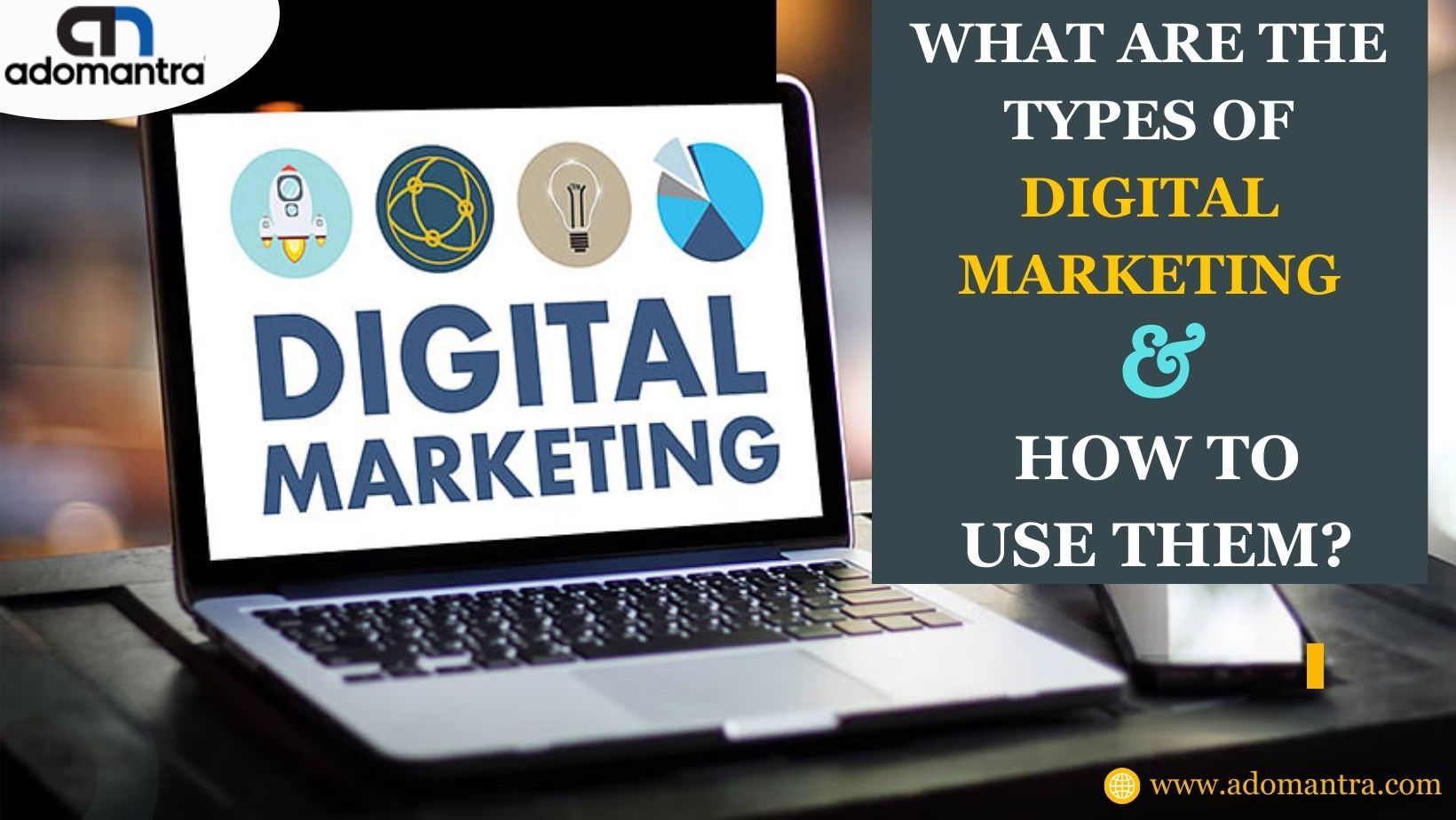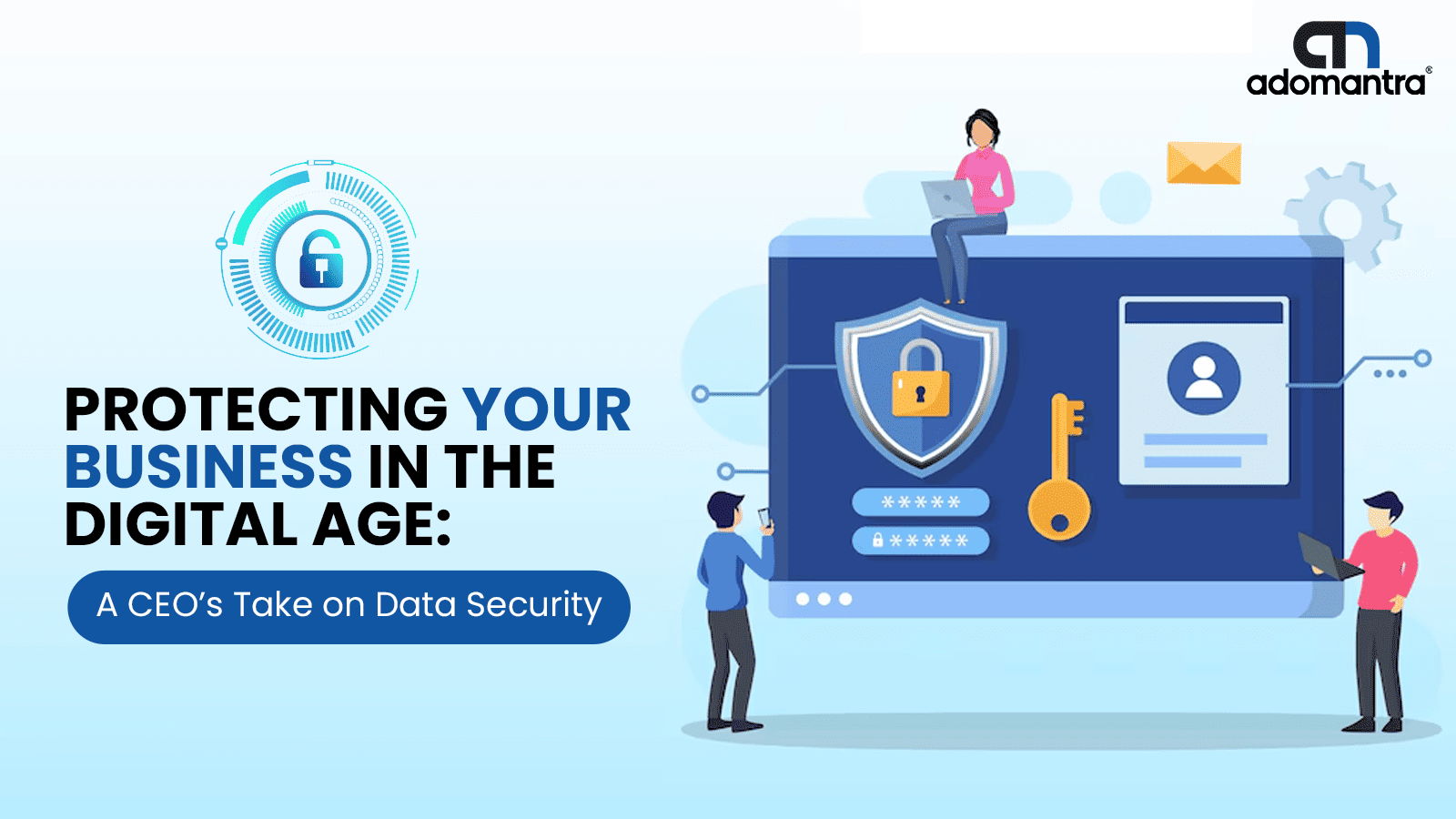
What Are The Types of Digital Marketing & How To Use Them?
In today's digital age, the success of any business greatly depends on its online presence and marketing strategies. Digital marketing has emerged as a powerful tool to reach a global audience, increase brand visibility, and drive conversions. In this comprehensive guide, we will explore what digital marketing is, why it's essential for businesses, and delve into the top 10 types of digital marketing strategies. Whether you're a seasoned marketer or just starting, this guide will provide valuable insights on how to use these strategies effectively.
What is Digital Marketing?
Digital marketing refers to the use of digital channels, platforms, and technologies to promote products or services to a target audience. It encompasses a wide range of online marketing activities aimed at attracting, engaging, and converting potential customers. Digital marketing leverages the internet's vast reach and the ability to track and measure campaign performance, making it a cost-effective and results-driven approach for businesses of all sizes.
Why is Digital Marketing Essential for Your Business?
In today's competitive business landscape, digital marketing is crucial for several reasons:
- Global Reach: It allows you to reach a global audience, breaking down geographical barriers.
- Targeted Marketing: You can precisely target your ideal customer demographics, interests, and behaviors.
- Cost-Effective: Digital marketing often provides a higher return on investment (ROI) compared to traditional advertising methods.
- Data-Driven: You can track and analyze campaign performance in real-time, allowing for quick adjustments and optimizations.
- Brand Awareness: It helps build and strengthen your brand's online presence and reputation.
- Competitive Advantage: Your competitors are likely using digital marketing, and staying competitive requires adopting similar strategies.
10 Types of Digital Marketing
Now, let's explore the 10 types of digital marketing and how to use them effectively for your business:
1. Search Engine Optimization (SEO)
SEO is the process of optimizing your website to rank higher in search engine results pages (SERPs). This involves keyword research, on-page optimization, backlink building, and content creation. To use SEO effectively, create high-quality, informative content and focus on providing value to your audience.
2. Content Marketing
Content marketing involves creating and distributing valuable and relevant content to attract and engage your target audience. Develop a content strategy, produce high-quality blog posts, videos, infographics, and eBooks that address your audience's pain points.
3. Social Media Marketing
Leverage social media platforms like Facebook, Twitter, Instagram, and LinkedIn to connect with your audience. Create a content calendar, engage with your followers, and run paid ad campaigns to boost reach and conversions.
4. Email Marketing
Email marketing remains an effective way to nurture leads and maintain customer relationships. Segment your email list, send personalized content, and use automation to streamline your campaigns.
5. Pay-Per-Click Advertising (PPC)
PPC advertising, such as Google Ads, allows you to bid on keywords to display ads to a specific audience. Conduct keyword research, create compelling ad copy, and monitor your campaigns for optimal results.
6. Affiliate Marketing
In affiliate marketing, you partner with affiliates who promote your products or services in exchange for a commission. Choose affiliates that align with your brand and provide them with marketing materials and tracking tools.
7. Influencer Marketing
Collaborate with influencers in your industry to reach their followers. Ensure influencers match your brand values and goals, and develop authentic partnerships for maximum impact.
8. Video Marketing
Video marketing is a powerful tool for engaging audiences. Create informative and entertaining videos for your website, social media, and YouTube channel to showcase your products or services.
9. Mobile Marketing
Optimize your digital marketing efforts for mobile users. Ensure your website is mobile-friendly, and utilize SMS marketing, mobile apps, and location-based marketing.
10. Analytics and Data Analysis
Regularly analyze data from all your digital marketing efforts to make informed decisions. Use tools like Google Analytics to track website traffic, conversion rates, and audience behavior.
Conclusion
In conclusion, digital marketing is an indispensable part of modern business strategy. By understanding the various types of digital marketing and how to use them effectively, you can enhance your brand's online presence, connect with your target audience, and ultimately drive business growth. Remember that the key to success lies in continuous learning and adaptation to the ever-evolving digital landscape.







